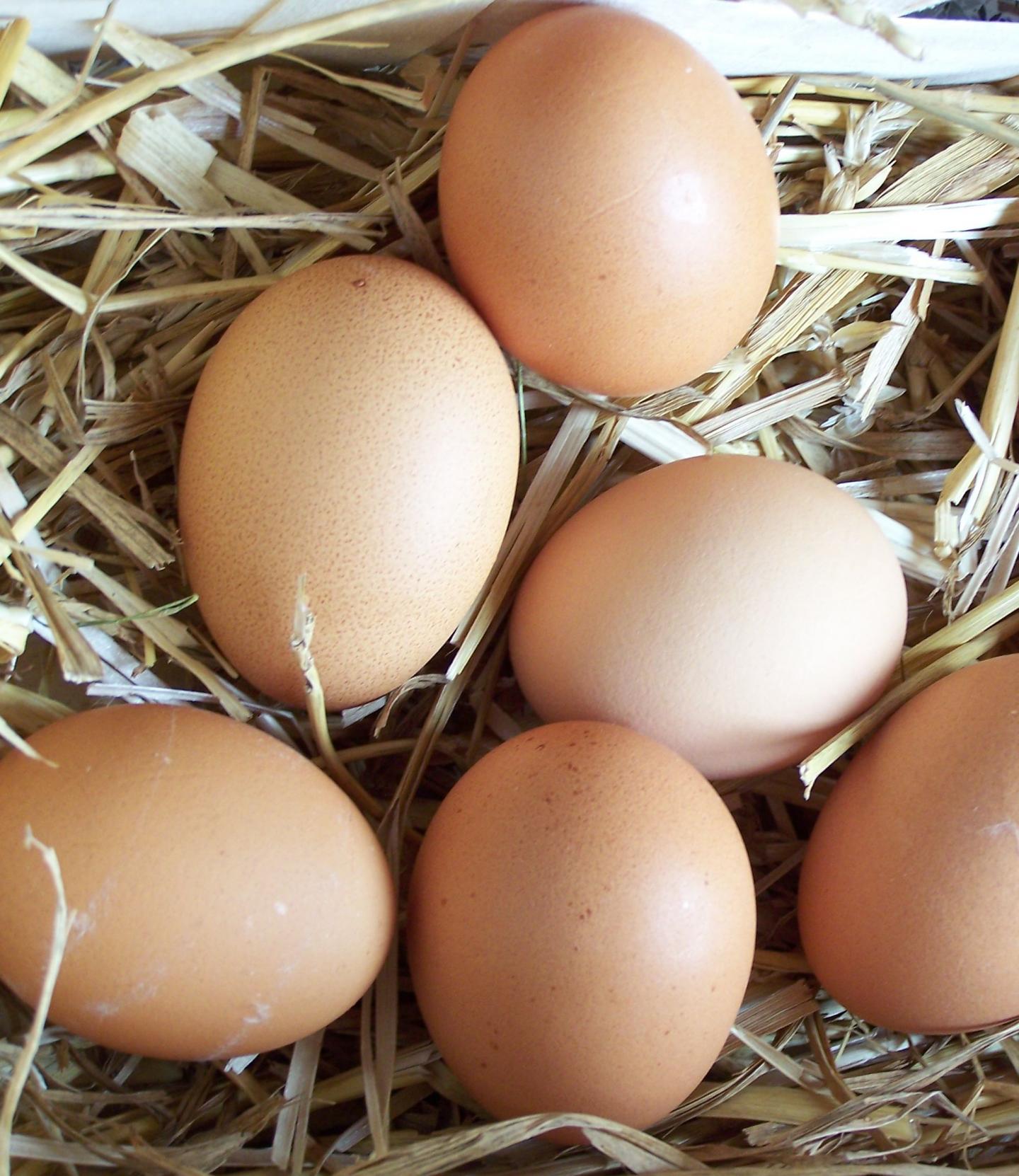
Credit: Photo by Andrea Kratzenberg.
New research conducted by the University of Adelaide shows there is no greater risk of Salmonella contamination in the production of free range eggs in Australia due to hot summer weather, compared with other seasons.
Despite a higher number of cases of Salmonella poisoning from eggs and egg products during the hot summer months, researchers at the University's School of Animal and Veterinary Sciences say the egg production process itself is not to blame for the increase in cases.
The findings are further evidence that the hygiene around egg handling in the supply chain and in household and restaurant kitchens is critical to reducing food poisoning from eggs.
Researchers conducted a study of four Australian commercial free range egg farms, with the results now published online ahead of print in the journal Applied and Environmental Microbiology.
"Eggs and egg products have been associated with an increased risk of Salmonella contamination. Because the use of free range eggs by consumers is on the rise, we felt it was important to better understand the risk factors at the production stage," says lead author Associate Professor Kapil Chousalkar, from the School of Animal and Veterinary Sciences at the University's Roseworthy campus.
"Birds raised in the free range production system could potentially be exposed to weather extremes, and the free range environment is not as easily controlled as in cage egg production. Therefore, it has been assumed that hot weather has a role to play in the potential contamination of eggs at the site of free range egg production.
"Our results show that the types and levels of Salmonella found in and around free range egg farms, and on the eggs themselves, is highly variable, often dependant on the specific husbandry and management practices employed by each farm.
"However, we found that there was no direct association between hot weather and increased prevalence of Salmonella at the production stage, even when data was collected in the hottest month of February," Associate Professor Chousalkar says.
"This helps to reinforce a simple health safety message: that it's important for people to wash their hands before and after handling eggs, whether at home, in a restaurant, or while working in the supply chain."
The bacteria Salmonella Typhimurium – the most common cause of Salmonella poisoning from eggs and egg products in Australia – was the second highest type of Salmonella found at free range egg production farms. The most prevalent, Salmonella Mbandaka, is generally not associated with egg or egg product-related food poisoning cases in Australia.
As well as renewing calls for people to practice good hand hygiene when using eggs, Associate Professor Chousalkar says there is a need for nationwide standards and uniform practices on the surveillance of egg contamination and safety.
"Currently, each of the states has their own food safety and surveillance programs. Because of its implications for public health, we believe the incidence of Salmonella contamination needs to be monitored in a standard way across all farms," he says.
###
Media Contact:
Associate Professor Kapil Chousalkar
School of Animal and Veterinary Sciences
The University of Adelaide
[email protected]
Media Contact
Kapil Chousalkar
[email protected]
@UniofAdelaide
http://www.adelaide.edu.au
############
Story Source: Materials provided by Scienmag





